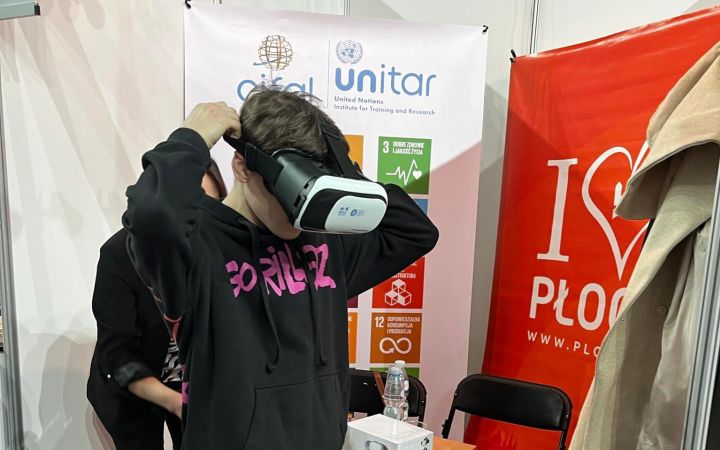The Commerce Commission has issued its final decision on the maximum revenue Transpower can earn and the minimum quality standards it must meet under its individual price-quality path (IPP) for the period 2020 – 2025.
Deputy Chair Sue Begg said the Commission has approved a revenue allowance of $4.05 billion for the next five years, a reduction of 15% or over $685 million compared to its current five-year period.
The key reduction in allowable revenues results from the significant reduction in the weighted average cost of capital (WACC) from 7.19% in the current period to 4.57% for the 2020 – 2025 period. This is mainly due to the economy-wide reduction in interest rates.
“We did not allow Transpower the full amount of its proposed capital expenditure and operating expenditure but our adjustments to the overall expenditure proposed are relatively modest. We consider that this IPP will promote the long-term benefit of consumers, particularly if local lines companies and electricity retailers pass on to consumers the price reductions they receive from Transpower,” said Ms Begg.
“We are also asking Transpower to continue to up its game in terms of customer and stakeholder engagement. We have asked it to provide a customer engagement plan and to report on the effectiveness of its consultation over capital expenditure. We think these new requirements will benefit Transpower’s customers,” she said.
Transpower potentially faces challenging grid investments from 2025 as it has forecast a need to replace a significant number of its overhead wires. That investment may result in higher costs for Transpower’s customers and end consumers in years to come. For this reason, the Commission has set additional reporting requirements to show how well Transpower is preparing for that uplift in asset replacement.
Background
Transpower is a State-Owned Enterprise that owns and operates New Zealand’s high-voltage electricity transmission network (the national grid), transmitting electricity from where it is generated to major users and to local lines companies that distribute it to homes and businesses. Transpower is also the system operator, responsible for managing the real-time coordination of the electricity market.
As it is the monopoly supplier of electricity transmission services, Transpower is subject to price-quality regulation. That is, the maximum revenue that Transpower is allowed to earn from its customers and the minimum quality standards it must meet are regulated by the Commission under Part 4 of the Commerce Act 1986. This is the third IPP we have set for Transpower.
The Electricity Authority estimates that transmission charges make up about 10% of a typical household electricity bill.
Price-quality regulation is designed to achieve similar outcomes to competitive markets so that consumers benefit in the long term. This includes making sure that monopoly suppliers are limited in their ability to earn excessive profits and have incentives to innovate and invest in their infrastructure and deliver services at a quality their consumers expect.
Information on the processes we followed, including consultation documents, can be found on our website.







